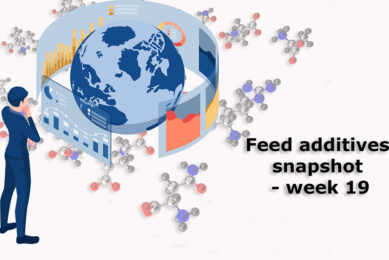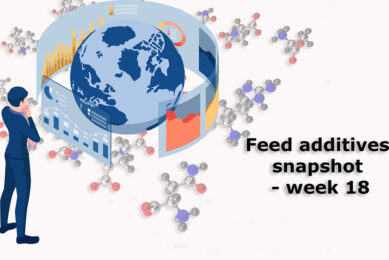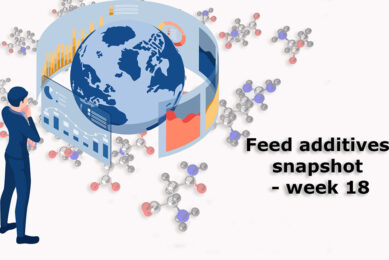Who profits from higher feed costs?
The EU finally begins to understand that their rigid market policy is not benefiting the farmers in these times of scarcity. The long expected proposal to have set-aside land back into agriculture again came on September 13. This could be a relief for the grain market’s next harvest.
It is not only the shortages in raw materials and thus the higher prices that make pig, cattle and poultry breeders across Europe struggling to stay afloat. Farmers are also lacking the power to pass costs on to consumers.
Globalisation has encouraged feed and food companies to grow, merge or take over. Even if 90% of these mergers and takeovers do not bring what is promised by their CEOs and managing directors, the growing big continues.
The same has happened with the retail business. Farmers face a small group of supermarkets that determine what is bought, where it is bought and against what price. If these supermarkets cannot buy food cheap locally, they import it from elsewhere.
Supermarket price wars have held meat prices down, while feed costs have soared. In Germany, the European Union’s No. 1 pork producer, animal feed prices have doubled this year, but retail meat prices rose only 3% in the first six months. In August, meat prices fell 1.7% from a year earlier. Farmers so far have been unable to pass on these higher costs. In Spain, meat prices have fallen this year.
Consumers are also to blame for their ignorance. Marketing people have told them constantly that they were paying too much for their food and consumers started to believe that because prices were going down all the time. Now that markets have changed supermarkets still try to buy for the same prices as they were used to.
And the farmers – disunited in union – risk going out of business. When that happens supermarkets have a clear story to tell: there is not enough produce, so prices go up – the laws of supply and demand.
If prices of oil go up we still keep driving our car, instead of choosing alternatives. However, if food prices go up we go for discount stores. Consumers should realise that if they pay a fair price for their food and this price is passed on to the primary producers (and not disappears in the pockets of other parties in the chain) farmers also can make a decent living and not only supply quality food, but also provide jobs, cultivate the land and not turn it into a national park.
An organic food store in Germany did the right thing. German organic retailer Basic suspended the sale of the company to discount retailer Lidl. Customers and suppliers left Basic, because they did not want to be identified with one of the largest discounters in Europe.
Strangely enough the European commissioner of agriculture, Mariann Fischer Boel, warned retailers on increasing the prices of staple foods. "The contribution of the raw material to the final price of foods like bread is relatively small, so I hope the supermarkets and discounters will act responsibly," Boel wrote on her blog. And she is the commissioner for agriculture!










